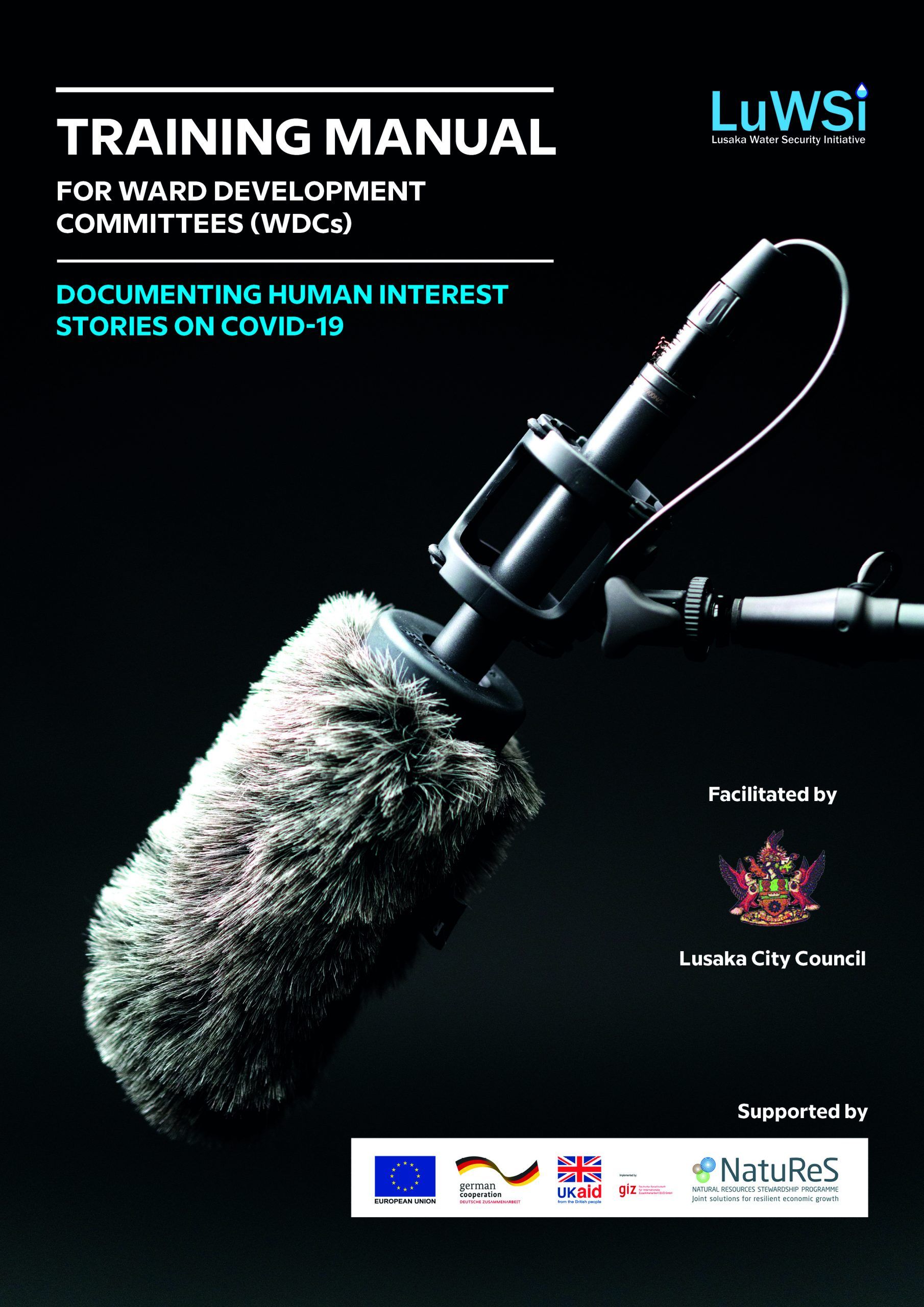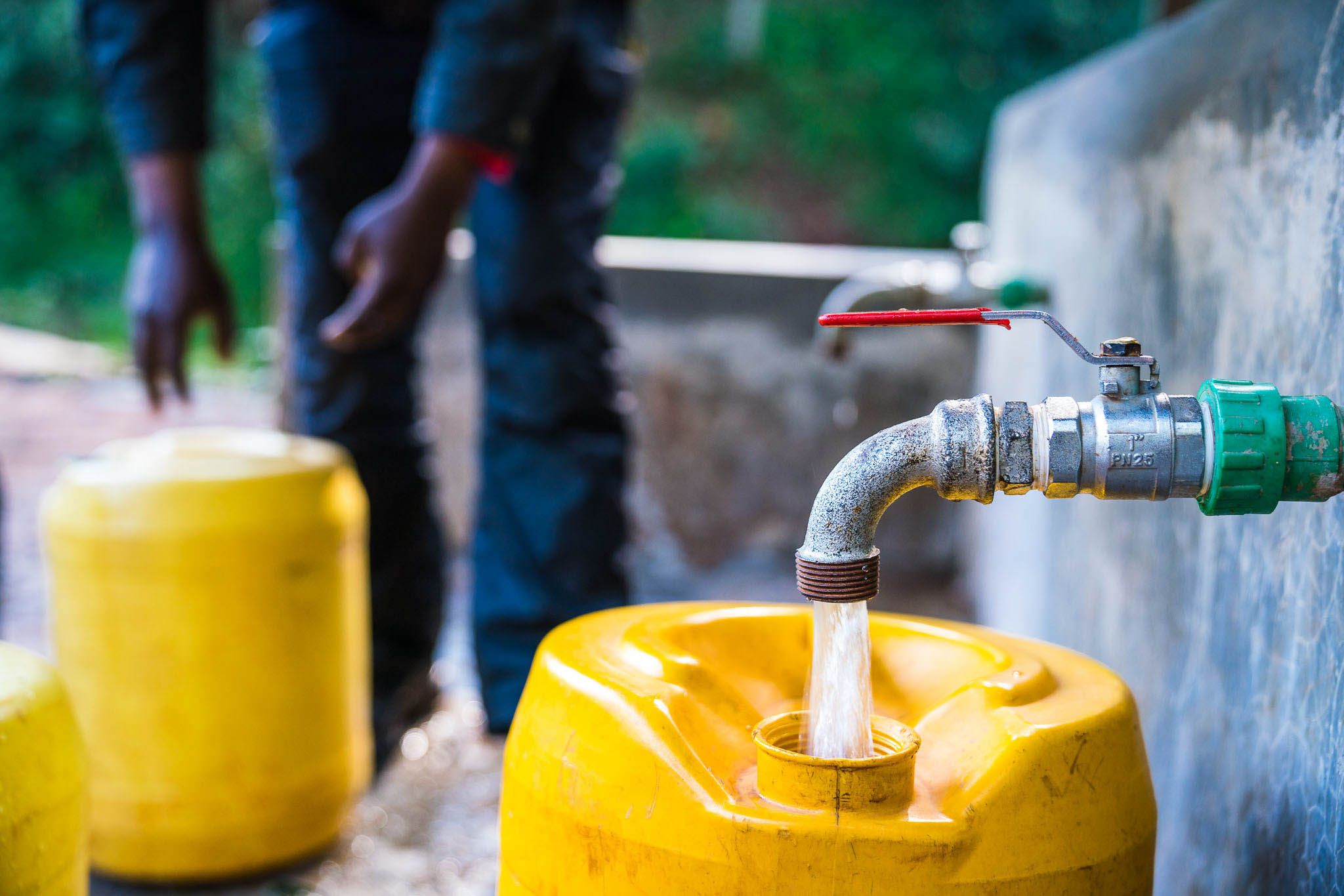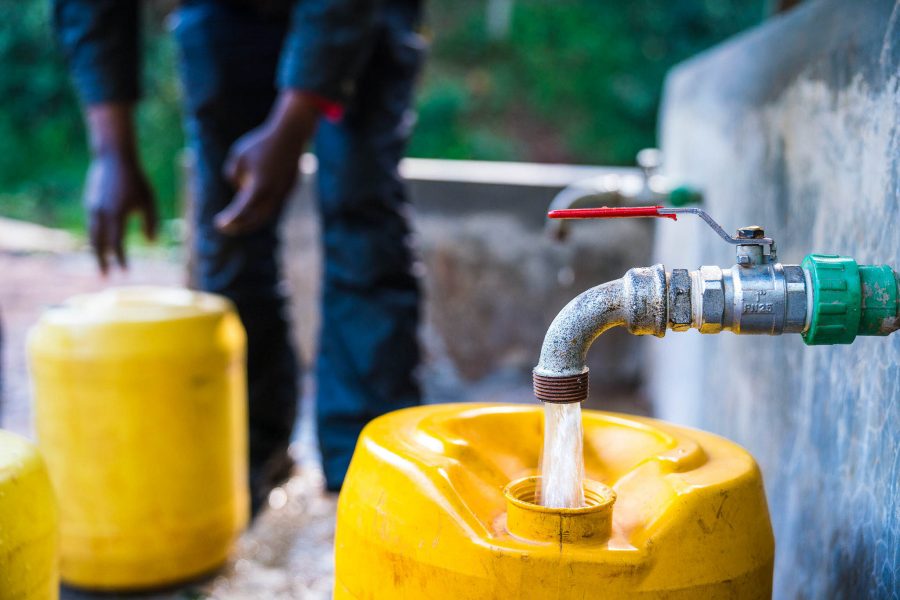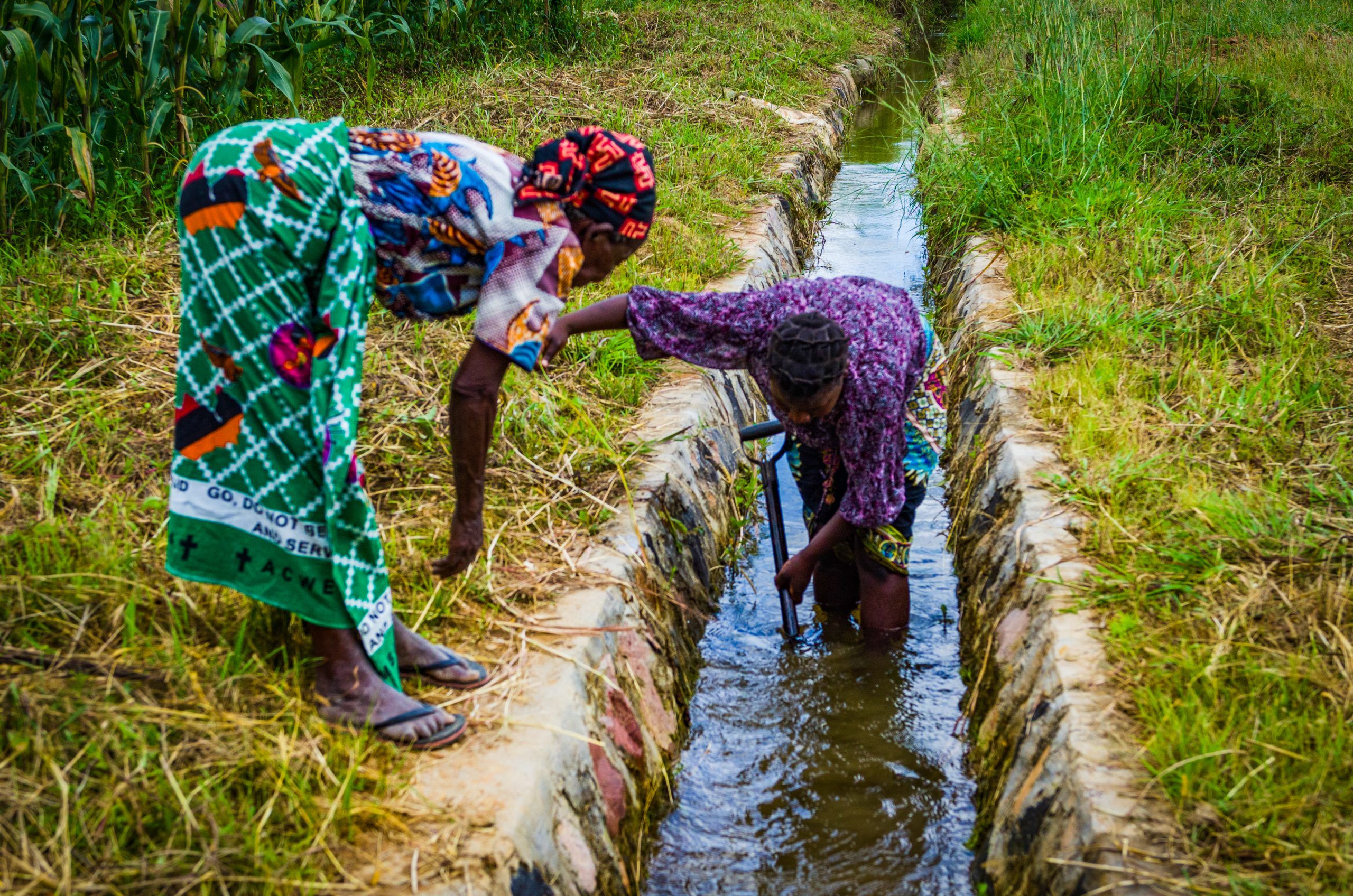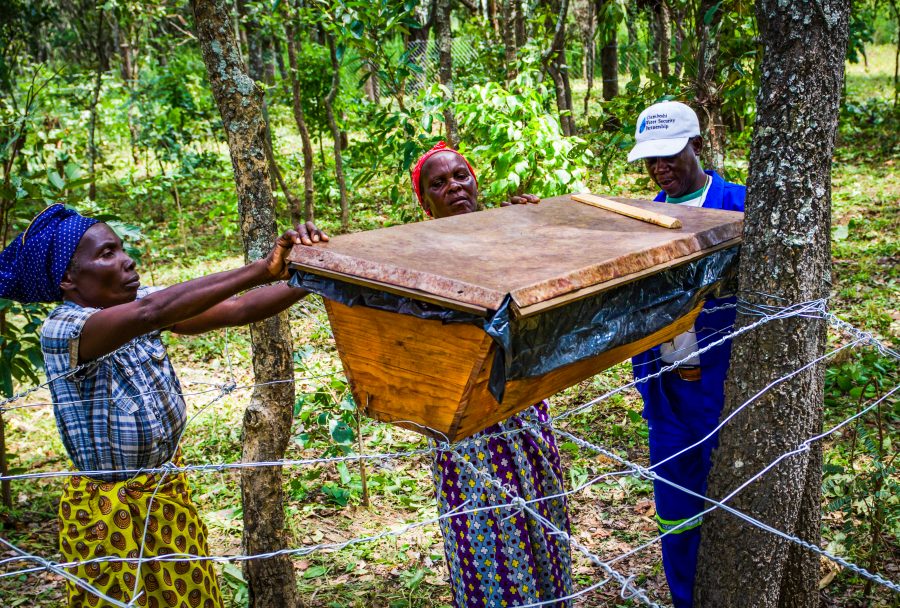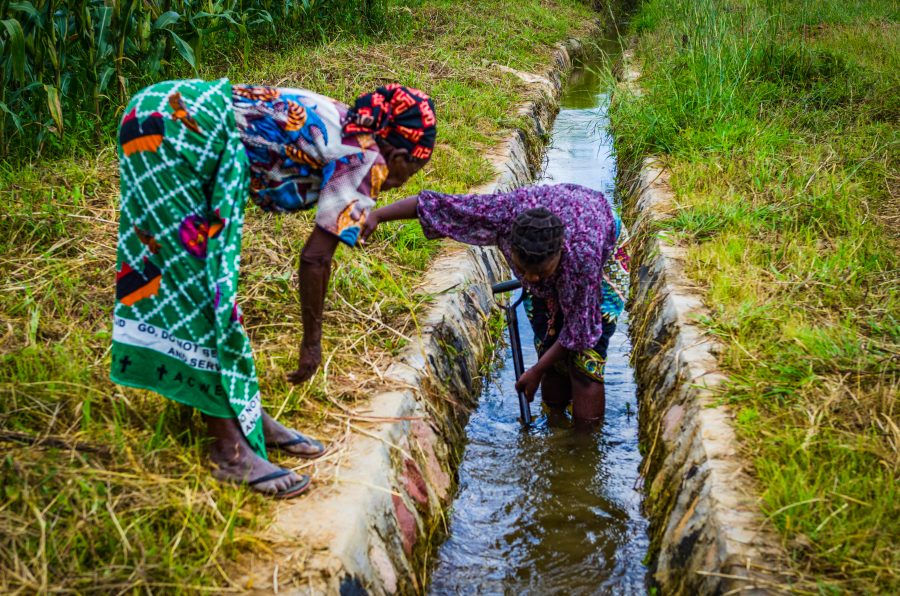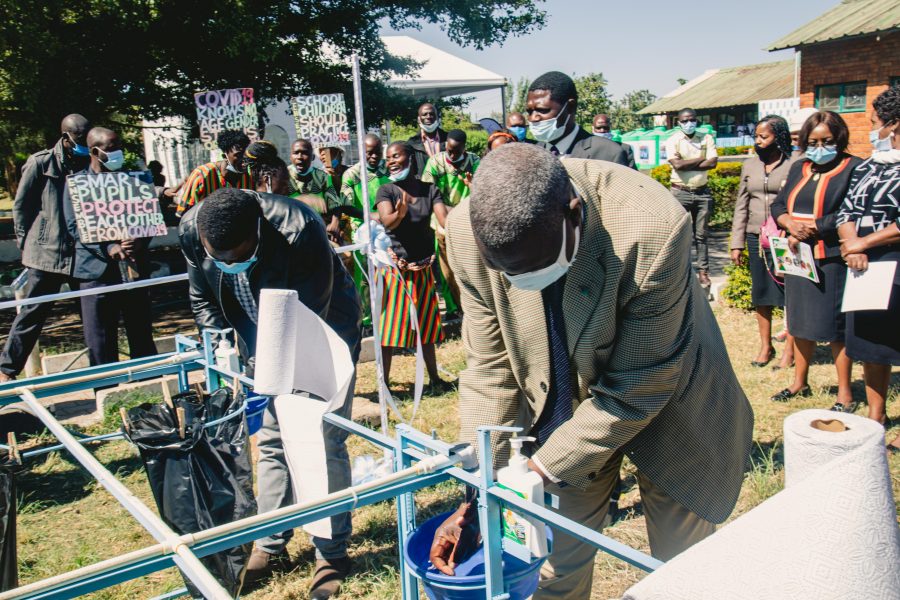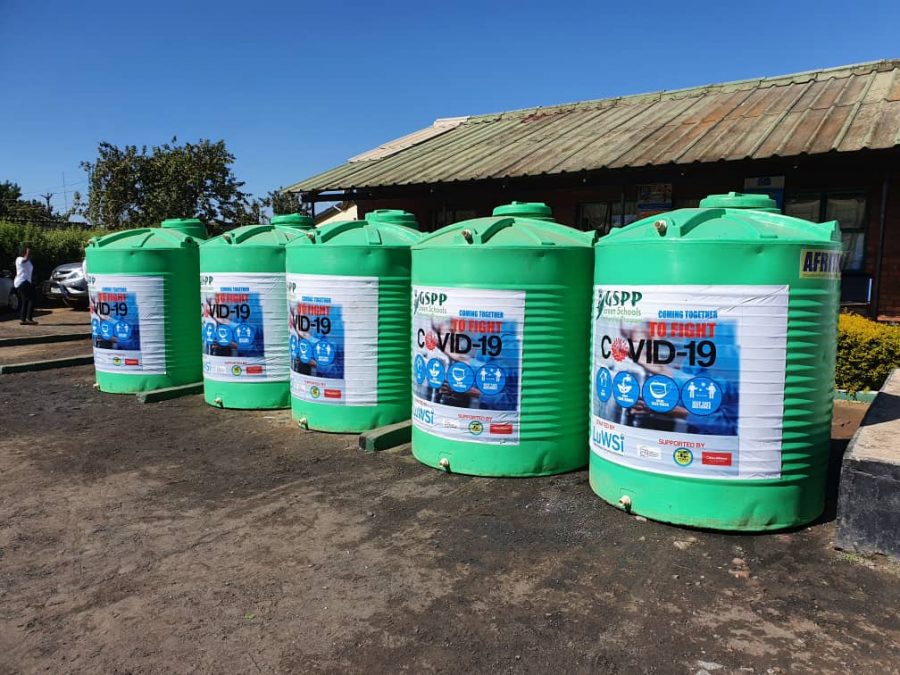Building Adaptive Capacities in Zambia’s Communities to fight COVID-19
The global Covid-19 pandemic has presented an unprecedented threat to humanity. It has gravely toppled life as previously known, evolving from a massive health crisis to an economic and social one with devastating outcomes. While many developing countries like Zambia continue to deploy mechanisms and interventions to try to mitigate the negative impact of the pandemic, these have not been enough to offset the pandemic’s impact. The top-down approaches have been disempowering to local grassroots actors with little or no emphasis on building local capacity for sustainable community-driven solutions and outcomes.
In seeking to “Build Back Better”, NatuReS Zambia supported the Lusaka Water Security Initiative (LuWSI) in strengthening community voice and action. LuWSI has coordinated activities that aim to promote and strengthen the response to COVID-19 prevention in communities. These efforts led by Lusaka City Council (LCC) in collaboration with Zambia Institute of Mass Communications (ZAMCOM) and Zambia Social Forum (ZAMSOF) have culminated in the development of a framework for monitoring COVID-19 response activities and capacity building, as well as COVID-19 response plans for five wards in Lusaka. A communication strategy was also developed to build capacity and create networks between journalists and communities for profiling community COVID-19 stories, including a training manual for citizen journalism.
As NatuReS Zambia, we believe in strengthening governance and supporting projects like these for a participatory approach to safeguarding the well-being of all.
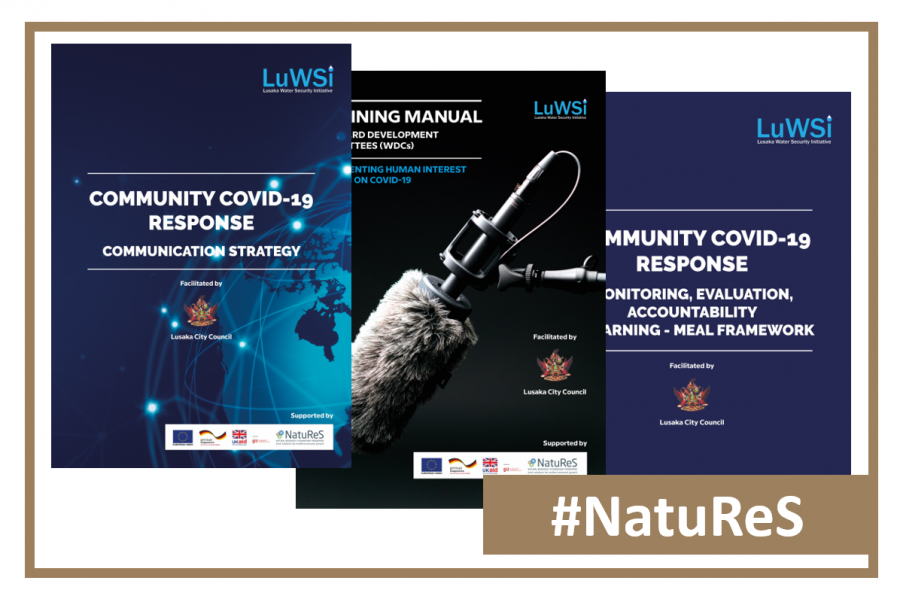
Author: Sonile Mutafya, NatuReS Advisor, Zambia
